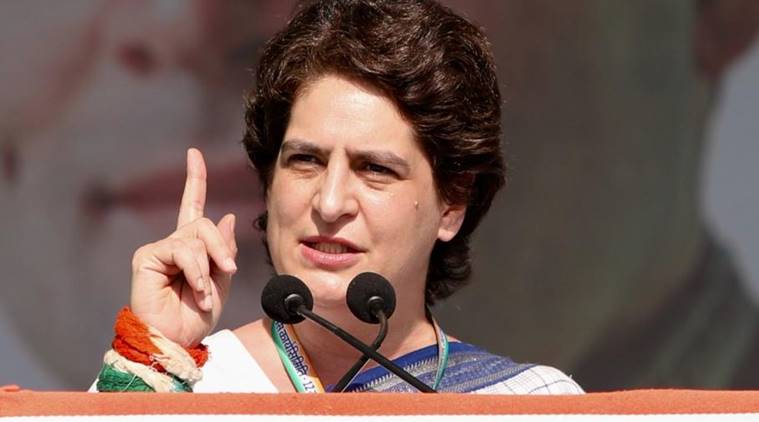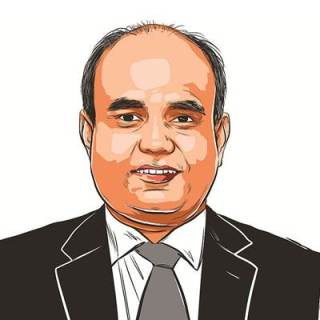Decoding the Priyanka gamble
On the Congress front, the Priyanka Gandhi Vadra card has finally been played. It is strategically timed, a tacit admission of defeat by Congress ahead of the upcoming elections.

“It is my hope that you (Modi) become Prime Minister again.” This was the parting wish of Mulayam Singh Yadav on the last day of the 16th Lok Sabha. How will this wish of the patriarch of Samajwadi Party resonate in Uttar Pradesh as the country officially enters poll season? It would be instructive to look at some of the recent developments to see how the two main political parties are positioning themselves.
On the BJP front, three big developments in recent weeks have strengthened the position of both Prime Minister Narendra Modi and the party. First, the announcement of 10 per cent reservation for the economically weaker sections in the general category has been a unique and unqualified success. It is to the credit of Modi, and the trust he generates, that he could get this done without any social tension. Second, the decision to completely exempt from income tax those whose taxable income is up to Rs 5 lakh has been met with uniform cheer. That this move is likely to benefit more than 80 per cent of the taxpayers and immediately contribute to an increase in their disposable income indicates how well-thought out this decision was. Third, the PM Kisan income augmentation amount has been rolled out at an unprecedented speed and unlike the hassles associated with getting farm loan waivers, this is directly reaching the farmers’ accounts. These three recent announcements, along with the milestone of every home in India now being fully electrified, the remarkable success of Ayushman Bharat, the human story of more than 15 million families now having the security of their own homes through Awaas Yojana, the 70-million milestone of Ujjwala Yojana and the firm control on inflation make the development basket of Modi quite irresistible. Add to it, the bold and decisive action in Balakot and Modi has further strengthened his formidable image as a decisive leader.
On the Congress front, the Priyanka Gandhi Vadra card has finally been played. She comes with her strengths. Anecdotal evidence suggests that she is more natural than Rahul Gandhi when it comes to connecting with people, she has more flair than her brother and because she is fresh, she does not have the baggage of being labelled a failure like Rahul Gandhi. Arguably, Priyanka Gandhi Vadra is also less likely to make the gaffes that her brother has made a habit of. Of course, she has her own baggage of Robert Vadra to deal with.
If we consider India’s electoral verdicts since the first elections in 1952, we would find that no government at the Centre, other than the Congress, has been re-elected. The Janata Party experiment in 1977 failed after three years in office. As did the experiments in 1989, 1996, and 1998. Atal Bihari Vajpayee did technically return in 1999, after getting elected in 1998. But that term lasted just a year; so 1999 was, for all purposes, a first term. In 2004, after five years in office, Vajpayee too lost.







































No hay comentarios:
Publicar un comentario